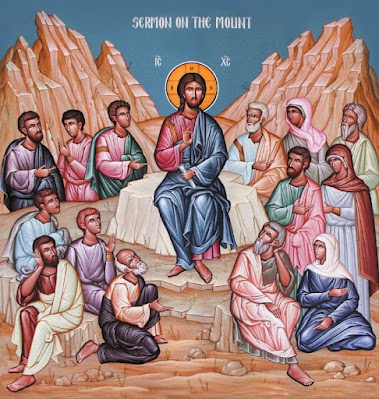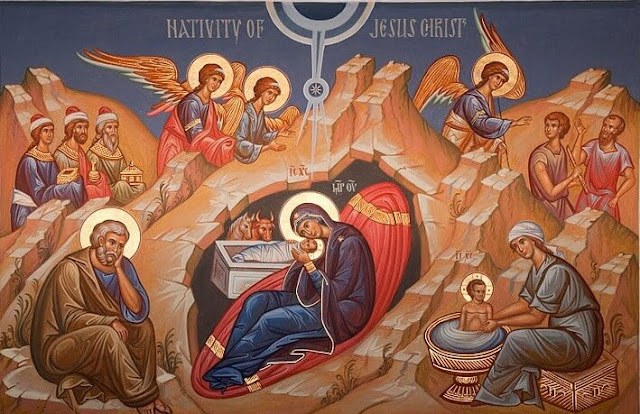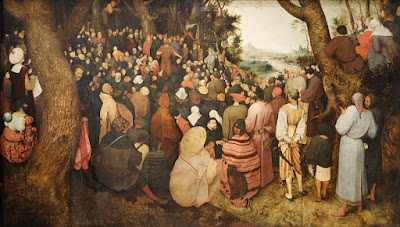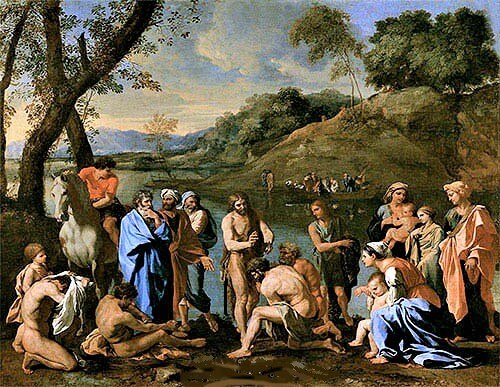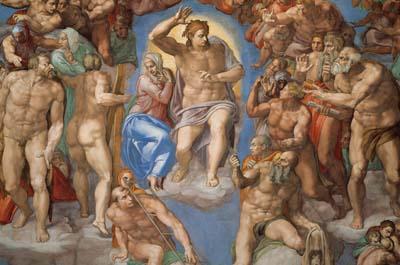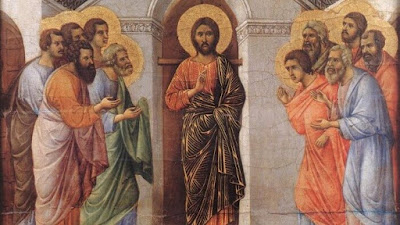Homily for the 1st Sunday of Lent, March 6, 2022, Year C

Fr. Charles Irvin Diocese of Lansing ( Click here for Sunday’s readings ) Oscar Wilde was a much-celebrated Anglo-Irish literary figure, very witty… and very worldly. He once wrote: “I can resist everything but temptation.” He lived in total self-indulgence, ridiculed Victorian moral norms, and died in Paris of meningitis in the year 1900. His view of life aptly ushered in the 20th century, particularly the cultural rebellions of the 1960’s and 1970’s. There are many today who live as Oscar Wilde lived. They regard temptations as irrelevant, things representing what they regard as hypocritical middle class moral norms, norms that constrict us and deny us our freedom. We are to live, many claim, with only one self-indulgent moral norm: “If it feels good, do it. Anything is all right so long as it doesn’t hurt anybody.” We could spend hours talking about questions dealing with the nature of evil. What is evil? What is the essence of evil? Why is there evil, anyway? My summary view

